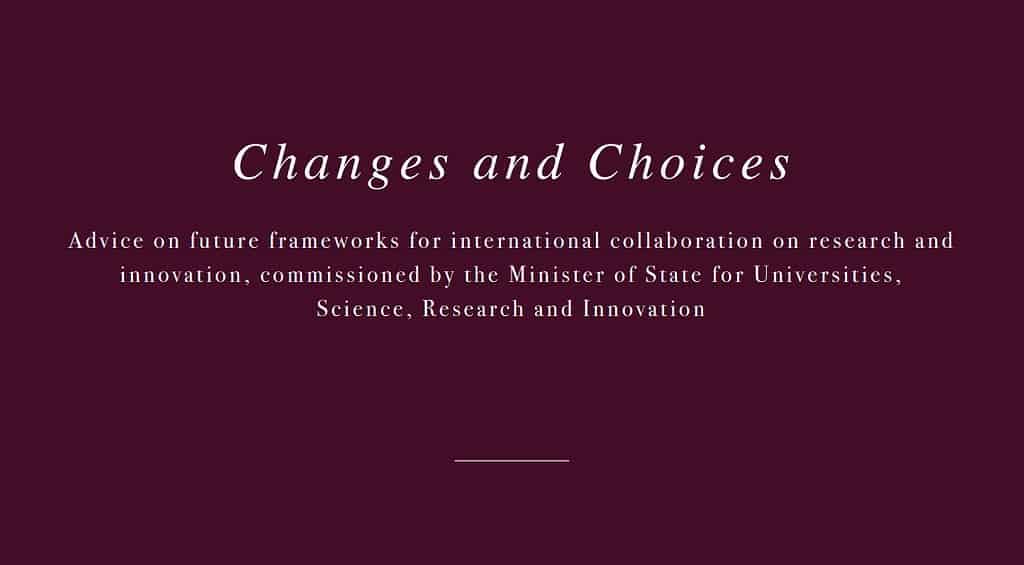Seamus Nevin, Head of Policy Research at the Institute of Directors, discusses skills shortages and ineffectual immigration policies in the UK
Time for the Government to get immigration policy right
20 Apr 2018
Many of the underlying themes of the Brexit debate coalesce in Heathrow Airport. The most popular gateway to Britain, it is where many immigrants – subject of so much debate during the referendum campaign – first set foot in this country. It’s also the place from which tonnes of the products ‘Global Britain’ hopes to sell to the rest of the world after Brexit will leave.
But perhaps the most pertinent aspect of this famous hub is something most people never see. Through a locked door, down three sets of stairs and beyond a nondescript concrete barrier lies something extraordinary – an entire, unused, train station.
Built along with the rest of the terminal in 2007, it has never been used. But one day it will, assuming the long planned connection to the Great Western Main Line is ever built. One of the reasons it hasn’t so far is the shortage of workers available with the skills needed to do the job – with engineers, project managers, bricklayers and quantity surveyors in especially short supply.
Big infrastructure and engineering projects are just two of the industries that will be at risk if key workers are not allowed to come to the country in sufficient numbers after Brexit. Nearly half a million jobs were left unfilled last year because of a shortage of people available with the requisite technical skills, and that even with firms’ current ability to attract labour from the EU. Resolving the issue of skills provision must therefore be the government’s number one priority.
However, despite apprenticeship starts increasing to just short of half-a-million last year under the government’s flagship policy, the Apprenticeship Levy, there remain chronic skills shortages in industries that are fundamental to UK growth, such as the construction, engineering and manufacturing sectors. Moreover, last year, more than two-thirds of apprenticeship starts were in sectors which do not face the most persistent skills shortages and the latest figures suggest the government are well off track to meet their aim to upskill our economy with 3 million new apprentices by 2020.
Given the expectation that EU Freedom of Movement of Labour into the UK will be curtailed as a result of Brexit, this may mark an opportunity for the Home Office and DfE to work closer together. Immigration officials make visa decisions based on skills shortages, so why not make greater use of this knowledge for domestic training purposes? A common approach between DfE and the Home Office could help set clear incentives to ensure uptake of training in the subjects needed most by employers.
Some voters hope that leaving the EU will help resolve Britain’s wage disparity and woeful productivity record. But an economy that works for everyone can only be delivered if the government prioritises resolving the skills mismatch. Firms will only be able to take advantage of opportunities of ‘Global Britain’ if school leavers are able to access relevant technical training. And it is only by ensuring that workers have the skills they need to succeed in the post-Brexit labour market that we will see the inclusive growth that has been so elusive.
While businesses must do a better job of training more home grown talent, in the short to medium term employers will still need access to skilled workers from abroad. The skills immigrants bring to our industries mean business leaders – perhaps more than most – are aware of the contribution those from abroad make to benefit our country.
For most Britons, the concern is not with immigration in itself, but with successive governments’ failure to prepare public services for the effects this may have. Manufacturers, retailers and service providers have all expanded seamlessly in recent years, but in Whitehall and Town Halls, government has failed to plan and prepare the public sector for population change.
Short-sightedness and false economies have long plagued immigration policymaking. Britain’s immigration agencies faced years of retrenchment just as immigration became the hot-button issue in politics. Whatever immigration rules we have after Brexit, these agencies will need to expand significantly, but a lack of clear instruction from Westminster has left them in stasis.
More stringent visa rules and a wider number of nationalities that are subject to them will automatically increase resource requirements. Yet, despite being almost exactly one year away from leaving the European Union, the signs are that government has still not put in place measures to build the infrastructure or recruit the estimated 7,400 staff we will need to manage immigration and customs at our ports and borders.
Better monitoring of inflows and outflows is also needed, and will be crucial to ensuring government policy remains timely and responsive to future population and labour market changes. If these steps aren’t taken soon the country will be ill-prepared for the day we leave and the all-too avoidable consequences could be acute.
The government may have begun planning to leave the EU, but it has yet to start seriously planning for what comes after.
Read all about the work of IoD here.
Related articles

The Physiological Society’s policy team on the health challenges facing older workers and the urgent need to develop a strategy to ensure older people are happy and healthy at work.

Jo Reynolds, Director of Science and Communities at the Royal Society of Chemistry, on the RSC’s new summary report looking to unlock the potential of deep tech SMEs.

Lisa Morrison Coulthard, Research Director at the National Foundation for Education Research, on the Nuffield Foundation funded five year research programme providing insights into the essential employment skills needed for the future workforce

Sir Adrian Smith, Institute Director and Chief Executive of The Alan Turing Institute, and Graeme Reid, Professor of Science and Research Policy at UCL, set out the findings from their new independent report on international partnership opportunities for UK research and innovation